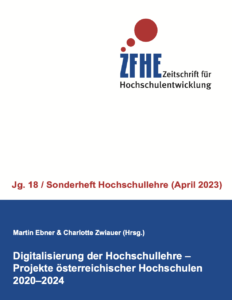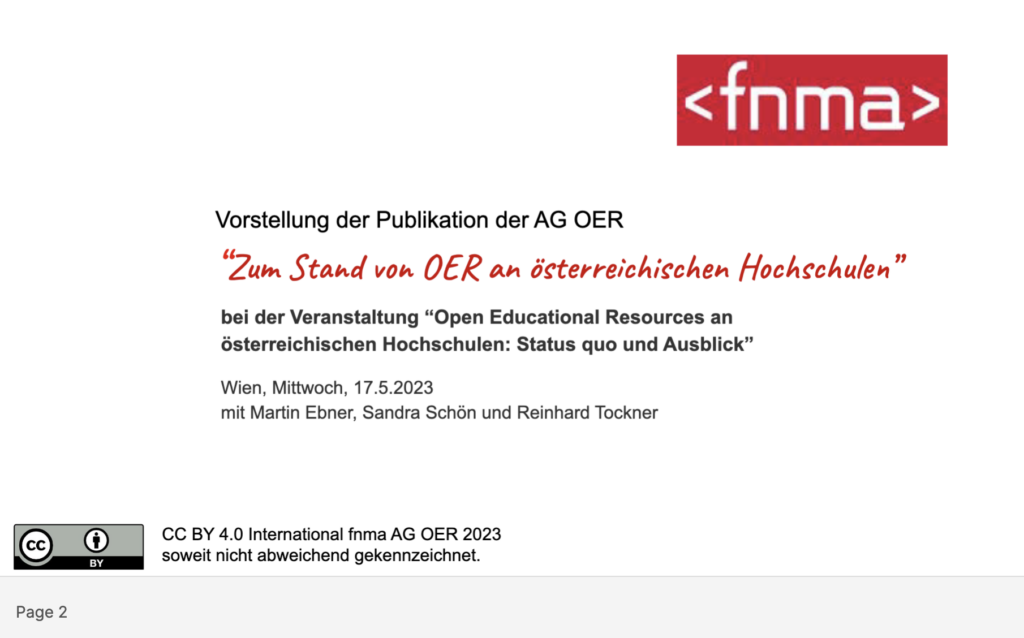Our publication titled „The Development of Two Math E-Learning Systems for Primary School Children in Android“ for the EDMedia and Innovative Learning 2023 conference is now online available:
Abstract: Electronic learning, with all its different variations, approaches and applications, is a very relevant topic in today’s education. E-Learning is a wide field, as it affects classes in school as well as training scenarios for adult persons. This work describes the development of two E-Learning systems: EinMalEins Trainer and Division Trainer. Both applications are part of the learning lab of Graz University of Technology. This document sums up the theoretical background of the development process as well as the realization. A lot of emphasis in this work laid on applying different testing methods, therefore thinking aloud testing as well as automated testing are handled more deeply. The methodology behind these methods is explained and the results are presented.
[Preprint @ ResearchGate]
[Publication @ Publisher’s homepage]
Reference: Plieschnegger, M., Wachtler, J. & Ebner, M. (2023). The Development of Two Math E-Learning Systems for Primary School Children in Android. In T. Bastiaens (Ed.), Proceedings of EdMedia + Innovate Learning (pp. 798-810). Vienna, Austria: Association for the Advancement of Computing in Education (AACE). Retrieved July 19, 2023 from https://www.learntechlib.org/primary/p/222581/



